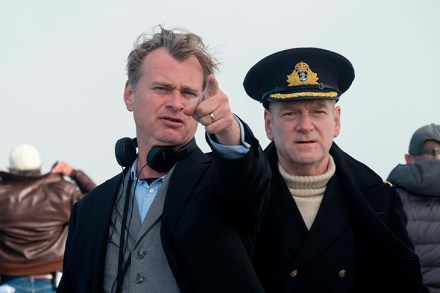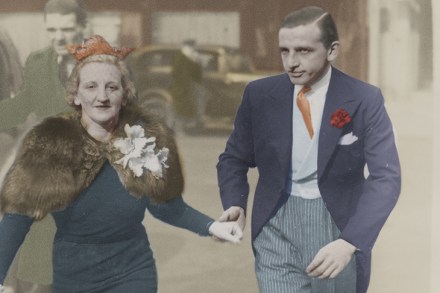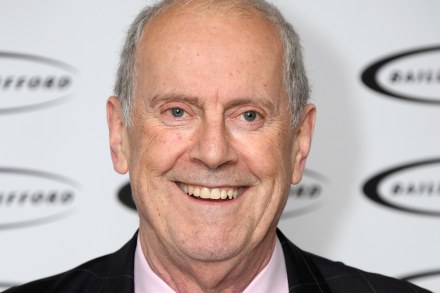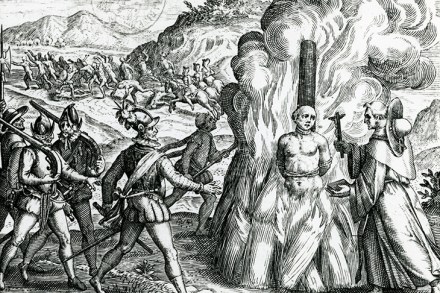Too much sound and fury in Christopher Nolan’s movies
In 2006 the director Christopher Nolan filmed an adaptation of one of my novels, written a decade and a half earlier. Other than providing the source book, I had no involvement with any part of the filming. Unlike some novelists who have a Hollywood film made, I was not at all disappointed with the result: it struck me as an intelligent, skilful and imaginative adaptation, both similar to but also subtly different from the novel. That it has since become something known as ‘Christopher Nolan’s The Prestige’ seems slightly odd from my point of view, but that’s the name of the game. Another decade and a half further along, The




















